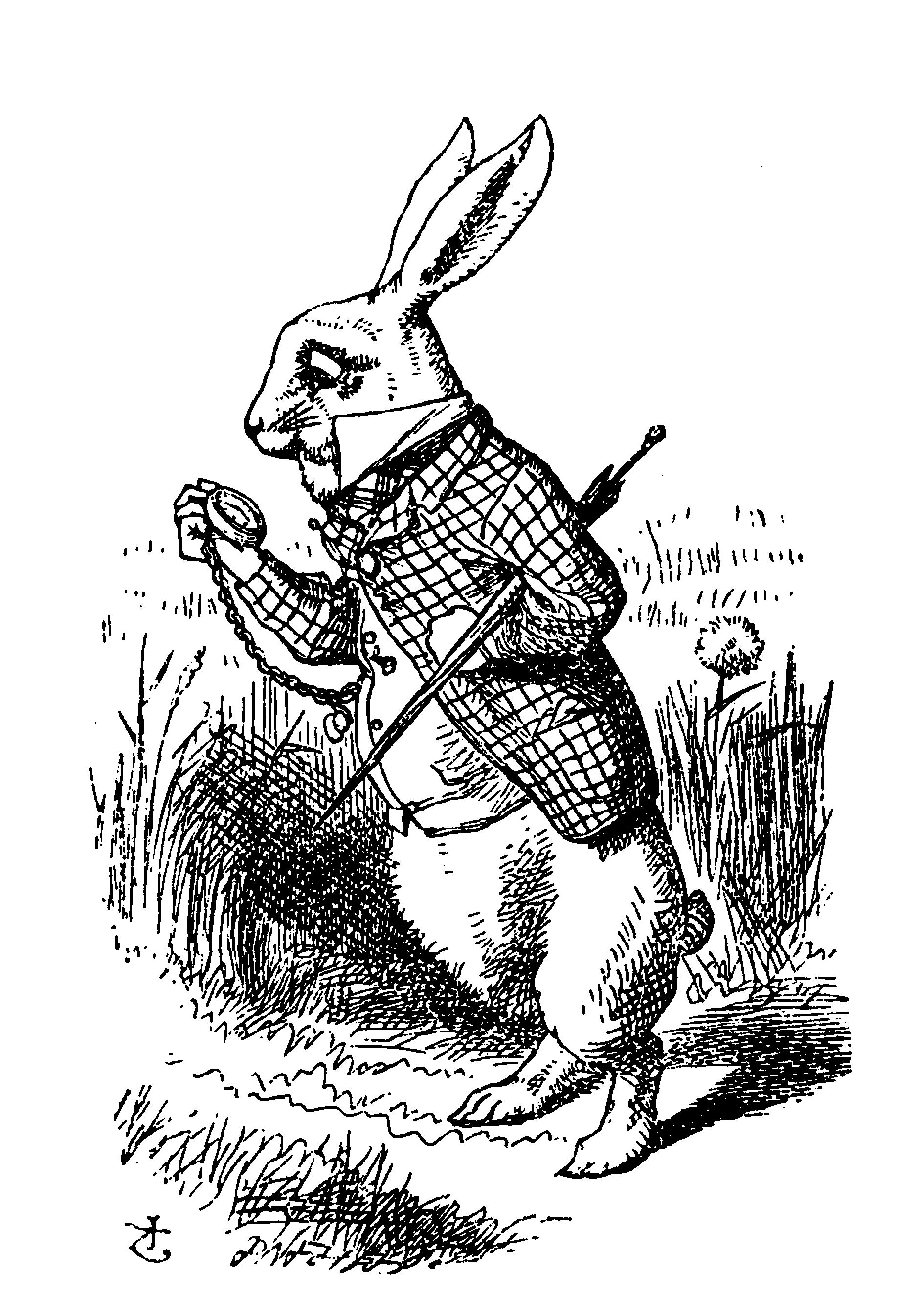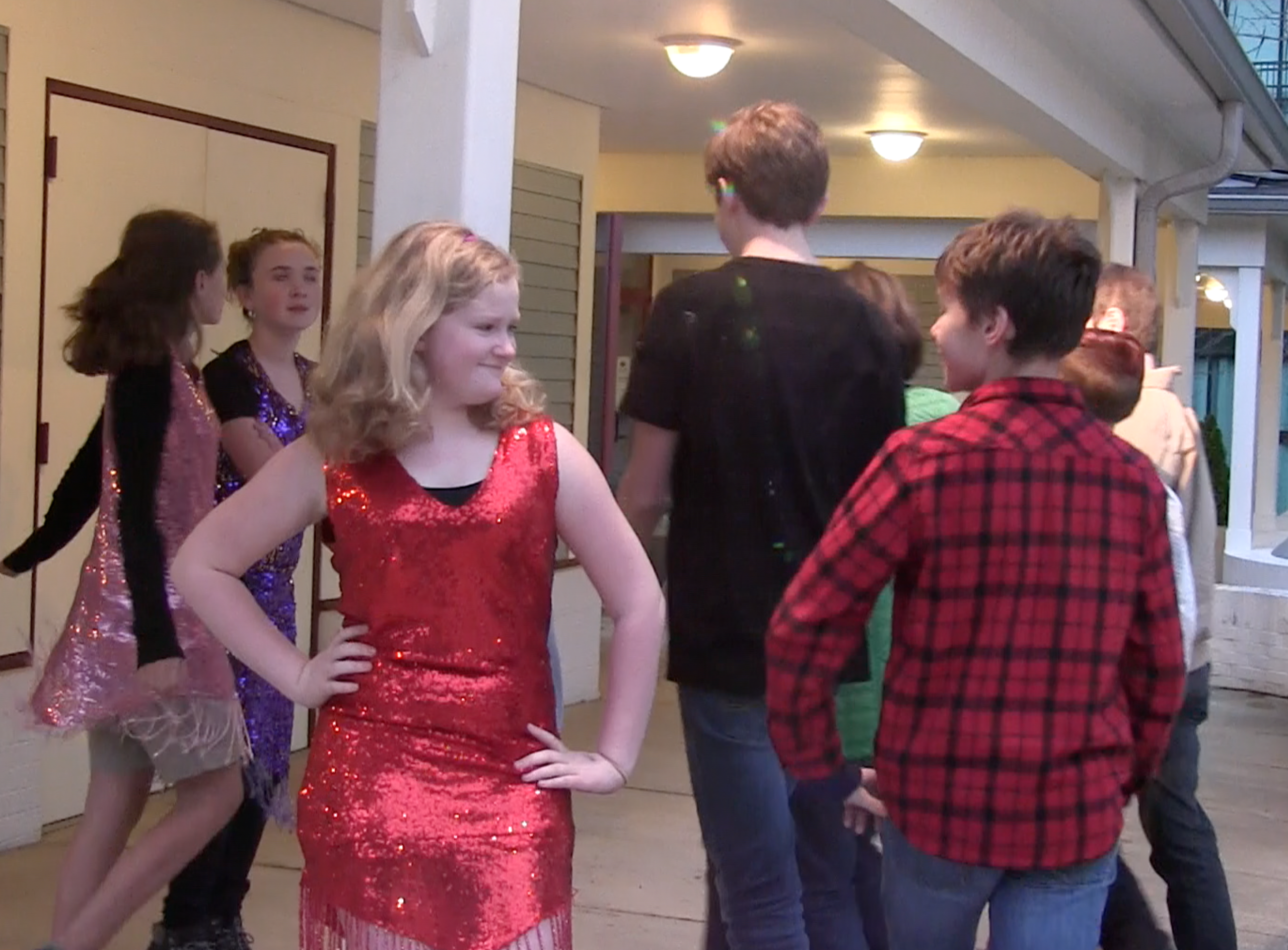I am a big lad for Amazon antitrust issues. Given their onerous impact on both bookselling and the human condition we need all the perspective we can get. In the past, for example, I’ve interviewed both John D. Rockefeller and John Locke to gain further insight into various stages of the malady’s morbid growth. Given these past interviews it would be shameful on my part not to mark the recent release of the powerful and vitally important new report by the Institute for Local Self Reliance, Amazon’s Stranglehold: How the Company’s Tightening Grip is Stifling Competition, Eroding Jobs, and Threatening Communities, by interviewing an even more august person, the ILSR’s Stacy Mitchell, one of the report’s co-authors.

Kenny: If getting the attention of the Justice Department and garnering public interest and public will to effect change regarding the Amazon anttrust issues has been challenging in the current political landscape, how do you see the issue changing under the Trump administration where economic regulation seems sure to be far more lax than it already is?
Stacy: Polls show that there’s widespread antagonism toward big business, on both the left and the right. There is a pervasive sense that corporate consolidation has left most Americans worse off, with fewer job prospects, lower wages, and less opportunity. And a growing body of economic research confirms that this is in fact true. When you have a few big retailers, Wall Street banks, and agribusiness giants running everything, it’s harder for people to find good jobs, start businesses, and move into the middle class.
Trump’s rhetoric taps into this anxiety. The trouble is, there is no indication so far that he is actually going to do anything about it. Quite the opposite. The point person for antitrust on his transition team, Joshua Wright, is an academic who has helped Google fend off accusations of violating antitrust laws and recently argued against stepped up antitrust scrutiny in a piece for the New York Times on the grounds that “concentration in an industry simply does not mean the industry lacks competition.”
So, the good news is that there is a convergence of scholarship and popular opinion around the idea that companies like Amazon have too much power and that they are using that power in ways that harm the economy and our democracy. The challenge is that doing something about this is going to take a bottom-up, grassroots movement. That’s really always been the case, though. It was a grassroots movement that fought the power of the East India Company by dumping a bunch of the company’s tea in Boston’s harbor. It was a grassroots movement that ultimately led government to break up and constrain the big trusts of the last Gilded Age. There are moments in history when we are called upon to protect our liberty and our democracy from concentrated economic power. This is one of those moments.
Kenny: You have written that Amazon is relatively invisible considering the depth and dimension of its social and economic impact. If you were designing a potion to increase its visibility, what would you put in it?
 Stacy: More and better reporting. In terms of local news, Amazon is having an impact on virtually every community in the country. Its expansion is leaving most places with fewer businesses and jobs, and less tax revenue to support local services. And yet, because Amazon has no physical presence in most of our cities and towns, it’s not on the radar of local news outlets as something they should be covering. But while Amazon may not be in these places, its reach certainly is.
Stacy: More and better reporting. In terms of local news, Amazon is having an impact on virtually every community in the country. Its expansion is leaving most places with fewer businesses and jobs, and less tax revenue to support local services. And yet, because Amazon has no physical presence in most of our cities and towns, it’s not on the radar of local news outlets as something they should be covering. But while Amazon may not be in these places, its reach certainly is.
At the national level, there’s been very little investigative reporting of how Amazon manipulates us as consumers: how its algorithms determine what products we’re exposed to; how it steers our choices in ways that make it less likely that we’ll encounter certain authors, creators, and products; and how it uses the vast trove of data it has on our browsing habits to continuously adjust its prices and exploit its information advantage over shoppers. Surely these are topics worthy of the front pages.
Kenny: If Amazon were a sports team, what would its mascot be?
 Stacy: A giant octopus.
Stacy: A giant octopus.
Kenny: Your new report details Amazon’s monopolization of the economy, its undermining of jobs and wages, and its weakening of communities. Given the scope and scale of the problem, along with the vastly greater efficiency of preserving existing businesses as opposed to trying to re-grow a brick and mortal retail sector, how can booksellers help translate this urgency into effective outreach?
Stacy: We have to find ways to illustrate to people what’s a stake, what their Amazon shopping habit stands to cost them and their communities in the long run. One thing I think is key is to remind people that they have, as we say in the report, “needs and wants from the economy that go beyond the one-click checkout.” Many booksellers have been doing an excellent job of this. Their stores are about so much more than transactions. They are places where the community gathers, where ideas are discussed and authors give readings. They are places that create jobs and support local services and nonprofits. Their owners are our neighbors and they have staked their future on the places we call home. If you are thinking as a citizen and a community member, the choice to shop on Amazon has more costs than benefits.
We also have to find ways to transform the “buy local” movement, which so many people now identify with and support, from a purely consumer cause into a political movement. We need to call for an end to the many subsidies and tax advantages that are propelling Amazon growth. (The data we present in the report show that half of Amazon’s big fulfillment facilities have been built with taxpayer handouts and that the company has used a questionable overseas tax haven to cut its federal tax rate to less than one-third of what other retailers pay.) We need to resurrect antitrust policy, which prior to the last few decades, had a strong commitment to market diversity and entrepreneurship. We need labor policies to protect workers in the digital economy and local development policies that take into account the value local brick-and-mortar businesses bring to their communities.
 Kenny: If you could pick one novel and one children’s book for a nationwide community read that would help its readers engage with the issues at the heart of your report, what would they be?
Kenny: If you could pick one novel and one children’s book for a nationwide community read that would help its readers engage with the issues at the heart of your report, what would they be?
Stacy: Oh, my, that’s a tall order. Let me suggest a different approach, for adults at least. First, make time to read our report; it’s engaging and full of anecdotes and interviews that give the analysis dimension. And then follow it with a short, yummy chaser. I’d recommend P.G. Wodehouse’s The Code of the Woosters, or Muriel Spark’s Symposium, or Alan Bennett’s The Uncommon Reader.
Kenny: Fabulous advice, Stacy. Since we’re talking chasers here we have to go with that ultimate refresher, The Code of the Woosters! Thanks so much.
Stacy: My pleasure!






